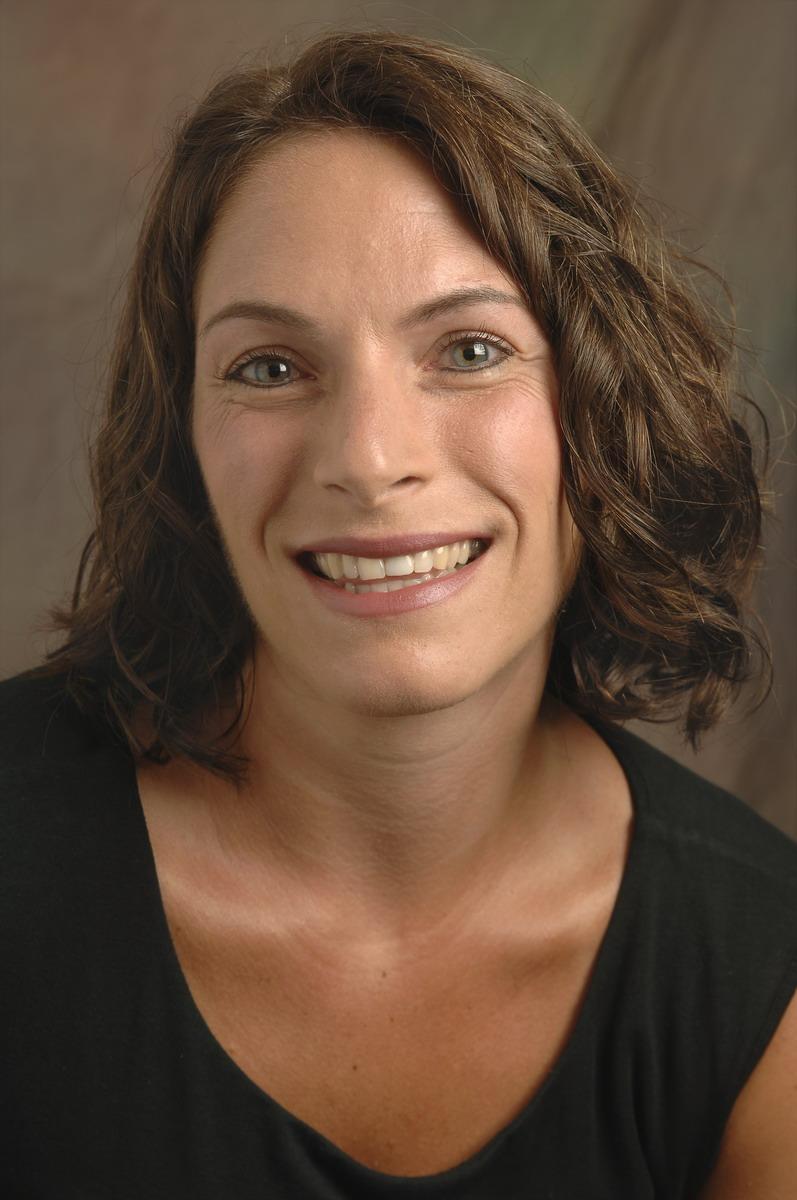Alison Siegler Honored for Public Interest Service

Alison Siegler, Associate Clinical Professor of Law and Director of the Federal Criminal Justice Clinic, was honored for her contributions to public interest law, an award for which she was nominated by eight federal judges.
The U.S. District Court for the Northern District of Illinois and the Chicago Chapter of the Federal Bar Association recognized Siegler for "Excellence in Public Interest Service." She was the sole recipient of that award; 29 other attorneys received awards for "Excellence in Pro Bono Service."
Fern C. Bomchill, '72, the National President of the Federal Bar Association, presented the awards at the Everett McKinley Dirksen U.S. Courthouse downtown on Friday afternoon.
The attorneys were honored for their "contributions in helping people most in need of assistance before the U.S. District Court for the Nothern District of Illinois," according to a press release.
In their nomination letter, the federal judges who backed Siegler for the award, including Chief U.S. Judge James F. Holderman, noted the "extraordinary work she has done for criminal defendants convicted of unlawful re-entry" (deported immigrants who return illegally). The judges wrote that Siegler was "the driving force" in developing and litigating the argument that "fast track" programs available in some districts for defendants who plead guilty to illegal re-entry create sentencing disparities in districts that lack fast track programs, as the Northern District of Illinois did.
For example, as Siegler wrote in 2009, a defendant who returned to the U.S. after deportation could receive 30 months in prison if caught in Oregon, which had a fast track provision, and 77 to 96 months if caught in Illinois.
Siegler argued a 2010 case before the 7th Circuit Court of Appeals that resulted in a ruling that district judges could depart from sentencing guidelines because of the fast track disparity. Then, the Department of Justice issued a new guideline that allows all districts, nationwide, to use such fast track programs.
"As a result, we no longer have the type of disparities that were so disturbing to so many judges around the country," the judges wrote. "Alison deserves credit for pushing this issue to this remarkable conclusion."
The judges praised Siegler for her leadership of the clinic, whose students worked alongside her on the effort: "Alison has far exceeded what we would ordinarily expect from a law school clinic" and is "instilling in a generation of new lawyers the value of advocating for the underserved."